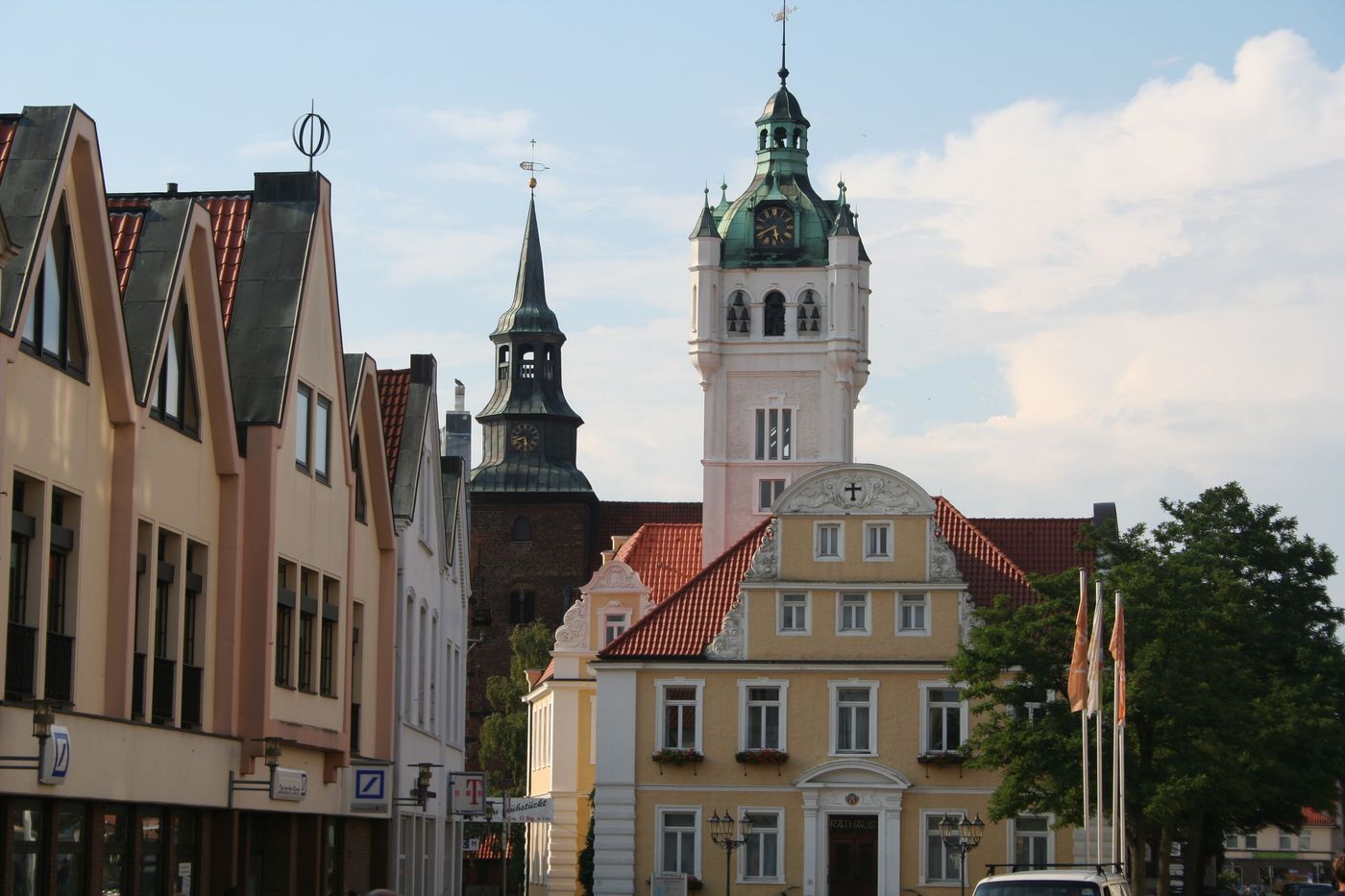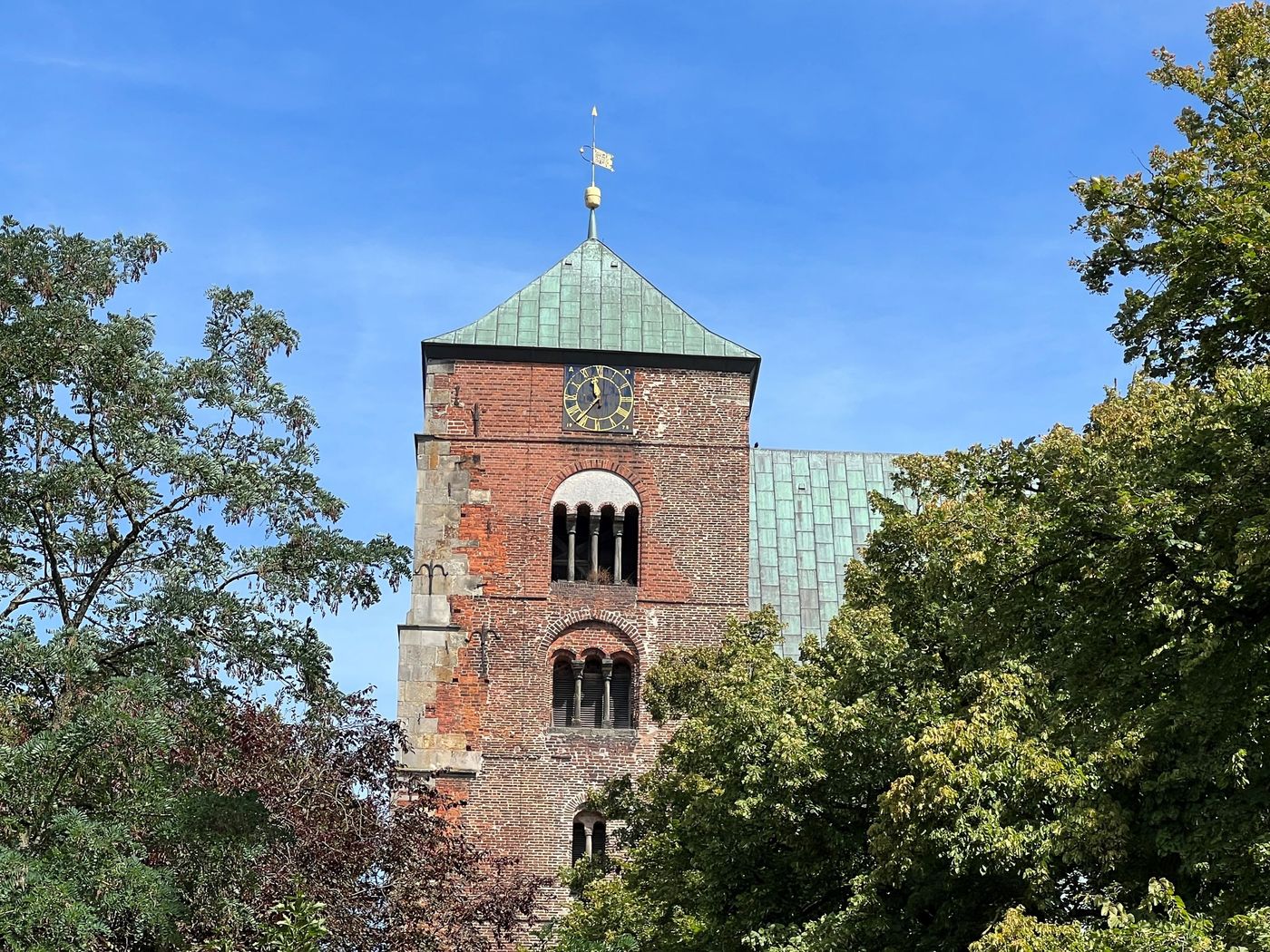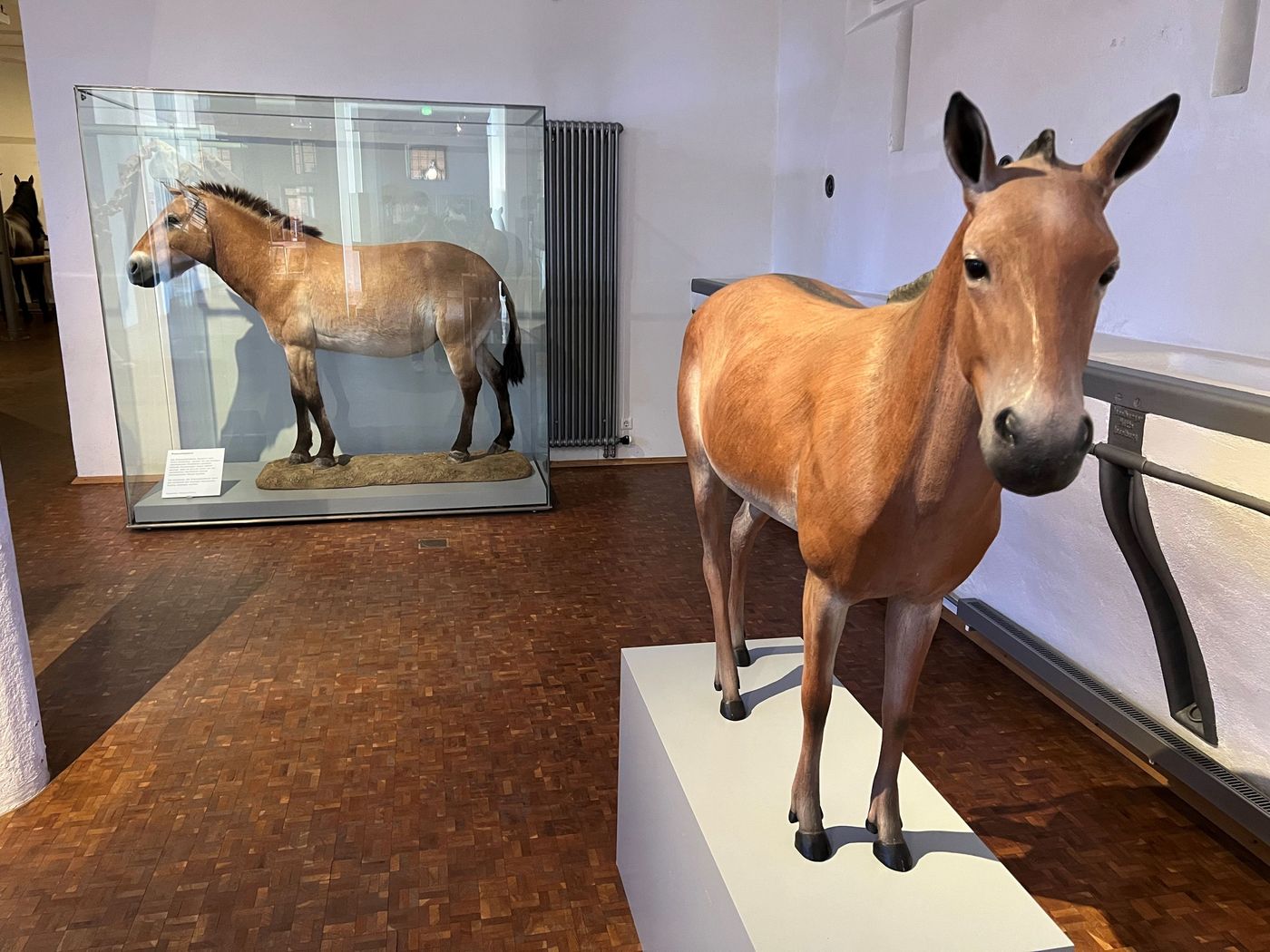





Verden entices
Under the name "Ferdi in Saxonia", Verden is mentioned for the first time in a document of Charlemagne in roughly today's form of the name.
The name of the town "Verden" contains the word ford - i.e. the river crossing. Since prehistoric times, traders have used this convenient crossing over the Aller as a crossing point for long-distance connections from east to west and from south to north. In 782, during the Saxon Wars, the so-called "Verden Blood Court" took place in the Verden area. Charlemagne had 4,500 Saxons executed. Around 850 the bishopric of Verden was established. Until the Reformation in the 16th century, the influence of the Verden bishops extended far into the Altmark. Separated from the bishop's seat, the merchant settlement of the "Norderstadt" around today's town hall developed into an independent city with its own town rights. Verden later even became a free imperial city. The Süderstadt with the cathedral was the spiritual centre. It was only after the Thirty Years' War in 1648 that the Swedish queen united the two districts against the will of the people of Verden. In the centuries that followed, Verden, as a garrison town, often had to bow to foreign powers. The kingdoms of Sweden, Denmark, France, Hanover and most recently Prussia left their mark on the city. In the 19th century, Verden developed into a city of courts and authorities. Since the 1930s, the town of Verden (Aller) has adorned itself with the addition "equestrian town". This term is brought to life by national and international equestrian events as well as breeding events and auctions. In addition, the German Horse Museum is located in Verden.
Show originalmittelweser-region
Further information
verden.de
+49 4231 / 12345
touristik@verden.de
More moments in the area
Discover Verden 

